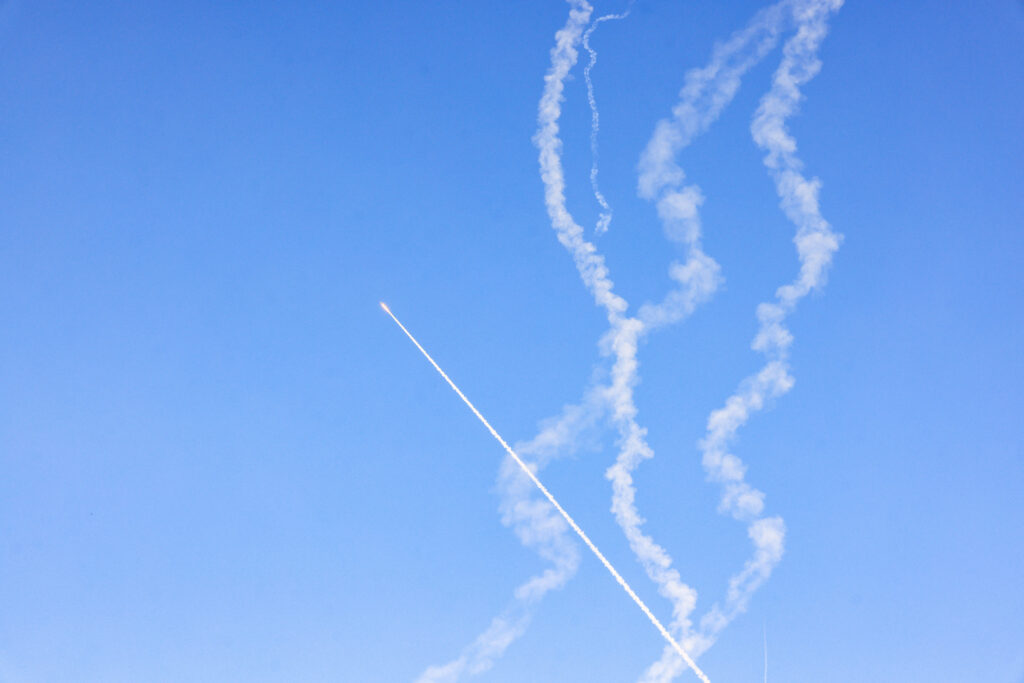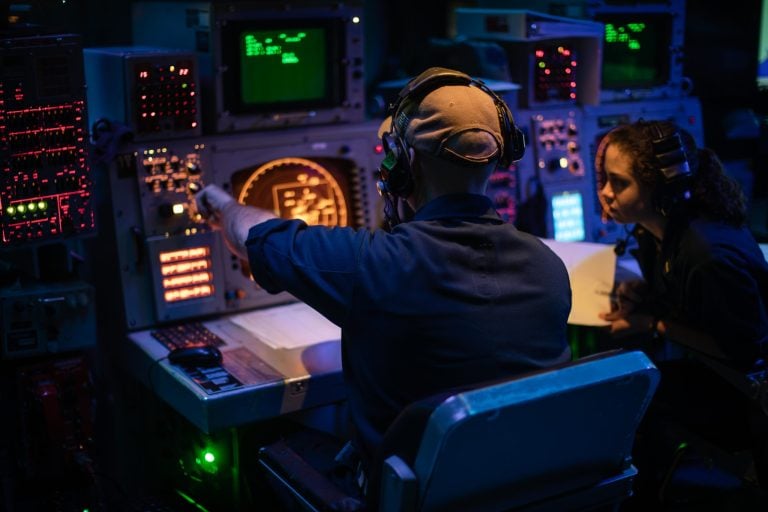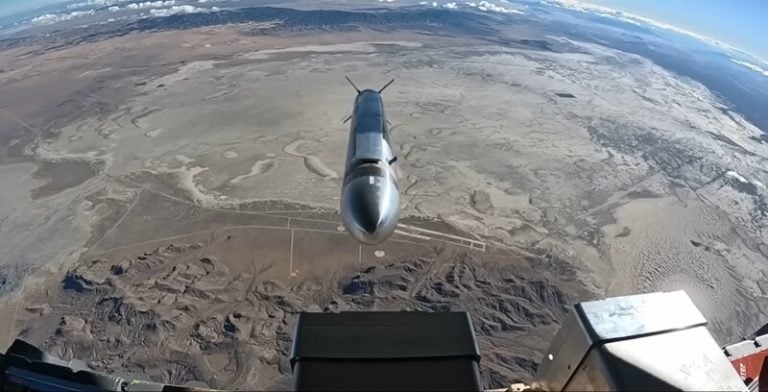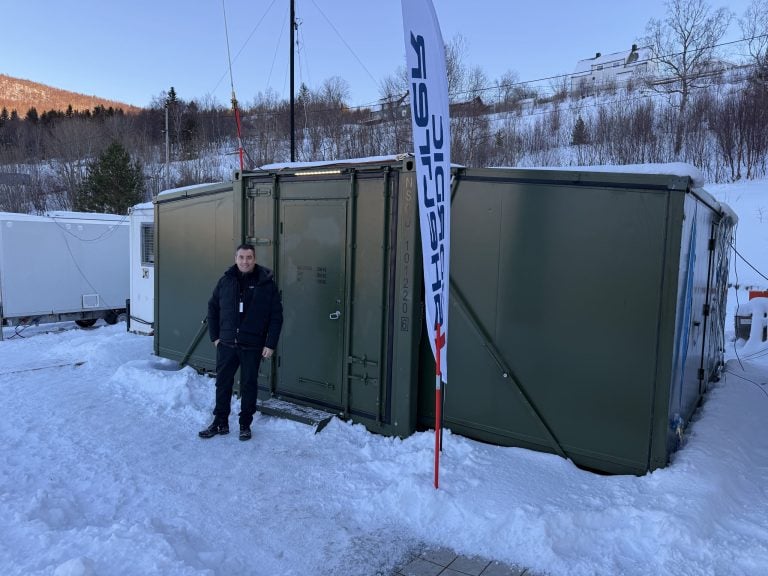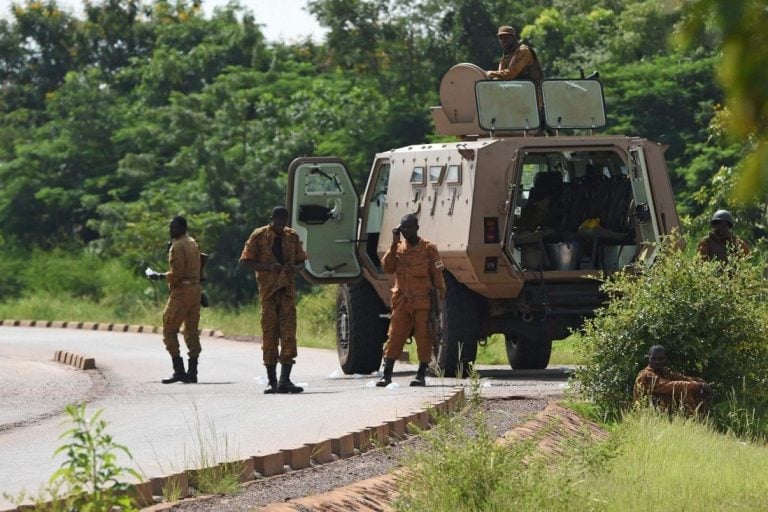The United States has become embroiled in the ongoing conflict in the Middle East, launching strikes on three nuclear sites in Iran. This move aligns with Israel’s recent bombing campaign, escalating tensions and sparking international reactions. In a televised address from the White House, former President Donald Trump declared the mission a success, stating that “Iran’s key nuclear enrichment facilities have been completely and totally obliterated.” He referred to Iran as “the bully of the Middle East,” insisting that the country must now seek peace.
The response from global leaders has been varied:
Israeli Prime Minister Benjamin Netanyahu praised the U.S. military action, asserting that it would alter the course of history. In a video message, he expressed his belief that this decisive move would promote prosperity and peace in the region. He characterized the attacks as a fulfillment of his longstanding promise to dismantle Iran’s nuclear capabilities.
In contrast, UK Prime Minister Keir Starmer urged for diplomatic engagement, emphasizing the importance of encouraging Iran to negotiate. He reiterated that Iran must never be permitted to develop nuclear weapons and framed the U.S. actions as necessary to counter that threat. Starmer underscored stability in the region as a priority.
The European Union’s top diplomat, Kaja Kallas, echoed similar sentiments calling for a de-escalation and a return to discussions. He insisted that all parties must avoid further escalation and that the EU would be engaging in talks regarding the developing situation.
UN Secretary-General Antonio Guterres termed the strikes a “dangerous escalation” in a region already fraught with instability. He emphasized that the situation requires diplomatic rather than military solutions, highlighting the risk of spiraling into chaos.
In a report following the attacks, the UN’s nuclear agency stated that no increase in “off-site radiation levels” had been detected, prompting its chief to call for an emergency meeting.
Iraq expressed significant concern over the U.S. actions, labeling them a “grave threat” to the peace and stability of the Middle East. The Iraqi government indicated that such military escalations could have serious ramifications for regional security.
Saudi Arabia, meanwhile, conveyed its “great concern,” urging for restraint and advocating for efforts to de-escalate tensions with Iran, referring to the country as the “sisterly Islamic Republic of Iran.”
Hamas condemned the U.S. strikes, labeling them as “brutal aggression” and a violation of international law. The organization characterized the attacks as a dangerous escalation that threatens peace and security globally.
In the United States, Democratic leaders expressed alarm over Trump’s unilateral military action. Congressman Hakeem Jeffries accused Trump of misleading the public about his intentions and failing to seek congressional authorization, warning of possible severe consequences arising from this decision.
As reactions unfold, the situation remains precarious, with many leaders calling for dialogue and diplomacy to prevent further conflict in the region.
